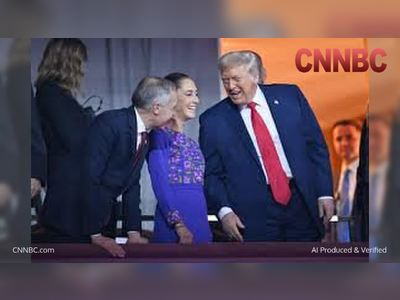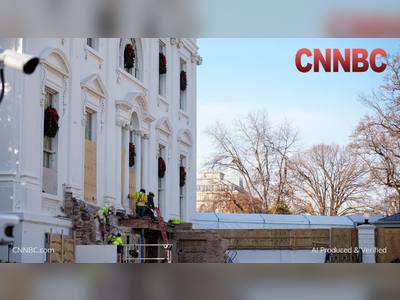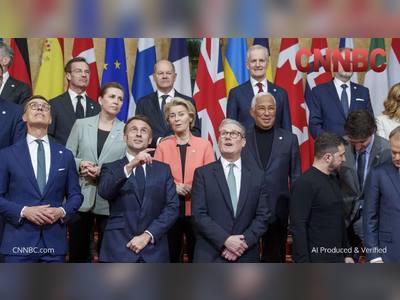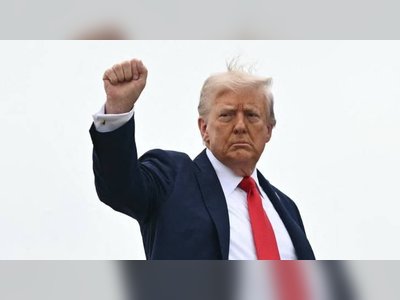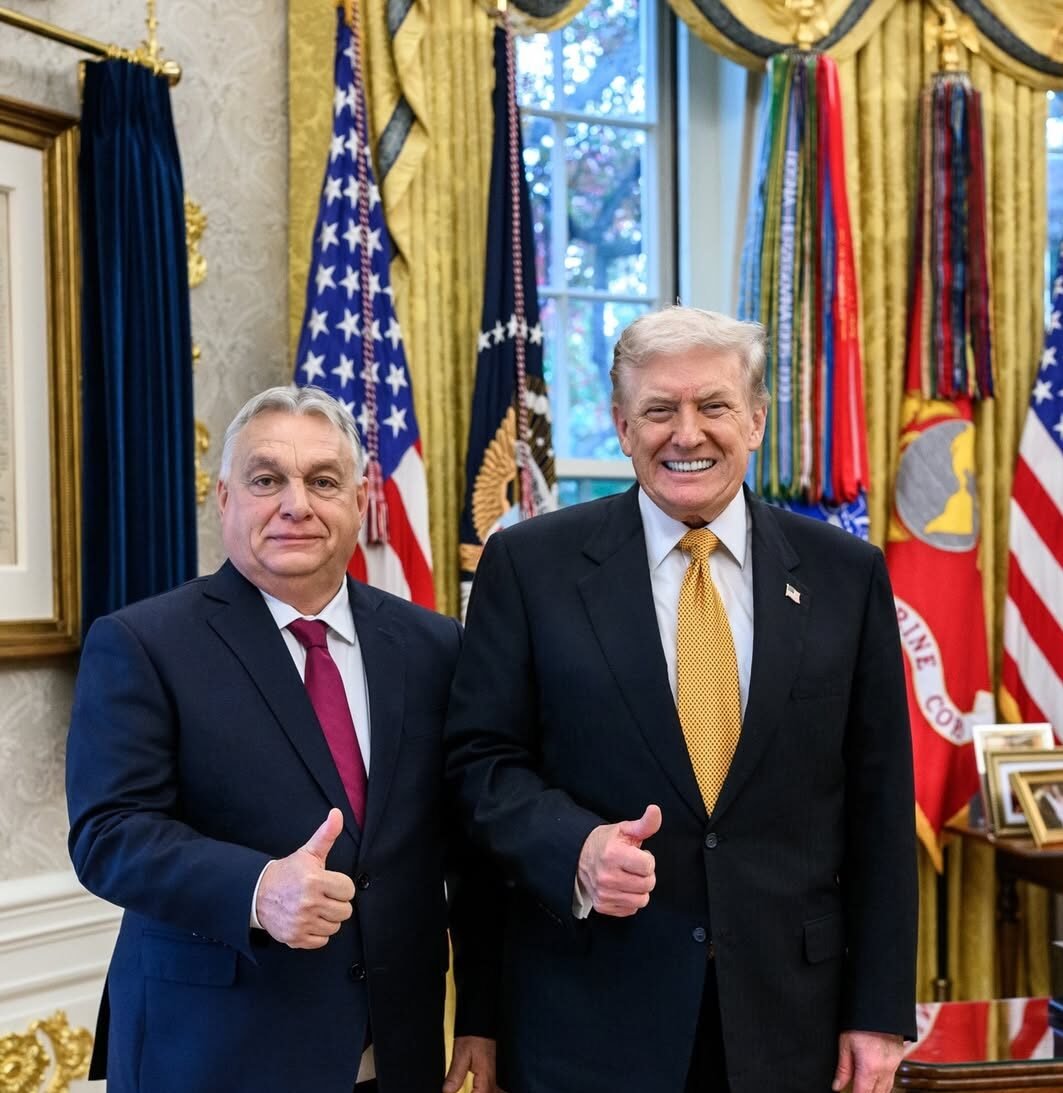
Expectations Mismatch Hits Viktor Orbán’s Washington Visit and European Strategy
Hungary’s leader returns with headline deals but faces domestic turbulence and soaring expectations abroad
Hungarian Prime Minister Viktor Orbán has returned from Washington after high-level talks with U.S. President Donald Trump, where he announced a “financial shield” with the United States and secured a one-year exemption from certain U.S. sanctions on Russian energy.
He also committed to purchasing US$600 million of U.S. liquefied natural gas, positioning Hungary as a key U.S. energy partner.
Yet the announcements carry the weight of elevated expectations.
With parliamentary elections looming in five months and his Fidesz party trailing an opposition coalition led by Péter Magyar by as much as ten percentage points in recent polls, Orbán is under pressure to translate big diplomatic gestures into domestic momentum.
The narrative of Washington triumph runs up against Hungary’s economic stagnation, high inflation and the near-absolute dependence on Russian oil and gas via the TurkStream and Druzhba pipelines.
On the European front, Brussels’ pledge to expand the bloc, the imminent launch of the “European Democracy Shield” and Orbán’s energy arrangements all bear the veneer of major breakthroughs — yet analysts warn the policy narratives may be over-hyped.
Hungary’s energy deal with the U.S. raises questions about long-term alignment with European Union sanctions that unequivocally aim to end Russian fossil-fuel imports by 2028. European Commission officials insist that the shift away from Russian gas is non-negotiable, a message at odds with Hungary’s newly secured carve-out.
Domestically, queueing hopes for Orbán’s diplomacy to manifest in tangible gains for voters will be hard to meet.
Many Hungarians expect lower energy bills, stronger growth and political stability — yet the handshake photos and pipeline deals may not deliver instant economic relief.
On the international stage, Brussels fears that telling three stories of “big wins” — energy exemptions, democratic bulwarks and expansion booms — risks a fall in credibility if they fail to materialise quickly.
In short, the Hungarian leader is playing a high-stakes game of expectation management.
The day of the Washington visit is behind him, but the months ahead will test whether diplomatic optics and grand narrative convert into real-world outcomes — and whether Europe’s patience with storytelling over substance holds out.
He also committed to purchasing US$600 million of U.S. liquefied natural gas, positioning Hungary as a key U.S. energy partner.
Yet the announcements carry the weight of elevated expectations.
With parliamentary elections looming in five months and his Fidesz party trailing an opposition coalition led by Péter Magyar by as much as ten percentage points in recent polls, Orbán is under pressure to translate big diplomatic gestures into domestic momentum.
The narrative of Washington triumph runs up against Hungary’s economic stagnation, high inflation and the near-absolute dependence on Russian oil and gas via the TurkStream and Druzhba pipelines.
On the European front, Brussels’ pledge to expand the bloc, the imminent launch of the “European Democracy Shield” and Orbán’s energy arrangements all bear the veneer of major breakthroughs — yet analysts warn the policy narratives may be over-hyped.
Hungary’s energy deal with the U.S. raises questions about long-term alignment with European Union sanctions that unequivocally aim to end Russian fossil-fuel imports by 2028. European Commission officials insist that the shift away from Russian gas is non-negotiable, a message at odds with Hungary’s newly secured carve-out.
Domestically, queueing hopes for Orbán’s diplomacy to manifest in tangible gains for voters will be hard to meet.
Many Hungarians expect lower energy bills, stronger growth and political stability — yet the handshake photos and pipeline deals may not deliver instant economic relief.
On the international stage, Brussels fears that telling three stories of “big wins” — energy exemptions, democratic bulwarks and expansion booms — risks a fall in credibility if they fail to materialise quickly.
In short, the Hungarian leader is playing a high-stakes game of expectation management.
The day of the Washington visit is behind him, but the months ahead will test whether diplomatic optics and grand narrative convert into real-world outcomes — and whether Europe’s patience with storytelling over substance holds out.

